

mornin’ merry makers 📊👗👕👖🧥👜🔢
one of my weird little flexes in retail corporate was making chaos make sense.
customer logs from 2016 with no ids?
inventory files that crash your laptop?
a product catalog written like a poem and different in every system?
i loved it. not in a “give me more xlookups” way, but in a “this chaos is hiding something valuable” way. connecting broken systems. noticing patterns. translating noise into something a team could actually act on.
unfortunately i spent way too much time just wrangling & cleaning data.
so while everyone’s still debating whether ai will take our jobs, i’m thinking more about how can it help us do the parts we’re actually good at?
which is exactly why i’m watching what
stephanie horbaczewski is building at vody like a hawk.

she scaled stylehaul to $100M+ by cracking the brand-creator code. now she’s using multimodal ai to do something even bigger!
helping brands actually understand how people shop, speak, and think. their current partners include grubhub, academy sports, aws, & more. they raised a $10M series A in 2020. earlier this year they participated in the new york fashion tech lab accelerator & the google for startups cloud ai accelerator.
vody doesn’t just crunch data. vody makes it click.
and dare i say sing?
in today’s letter, you'll learn:
→ how ai is turning store associates into stylists with superhuman product & client recall
→ the hidden data problem sabotaging every retail ai project
→ why it’s a problem that most major retailers can't connect taylor swift to travis kelce
→ how vody makes every other retail tool suddenly work better
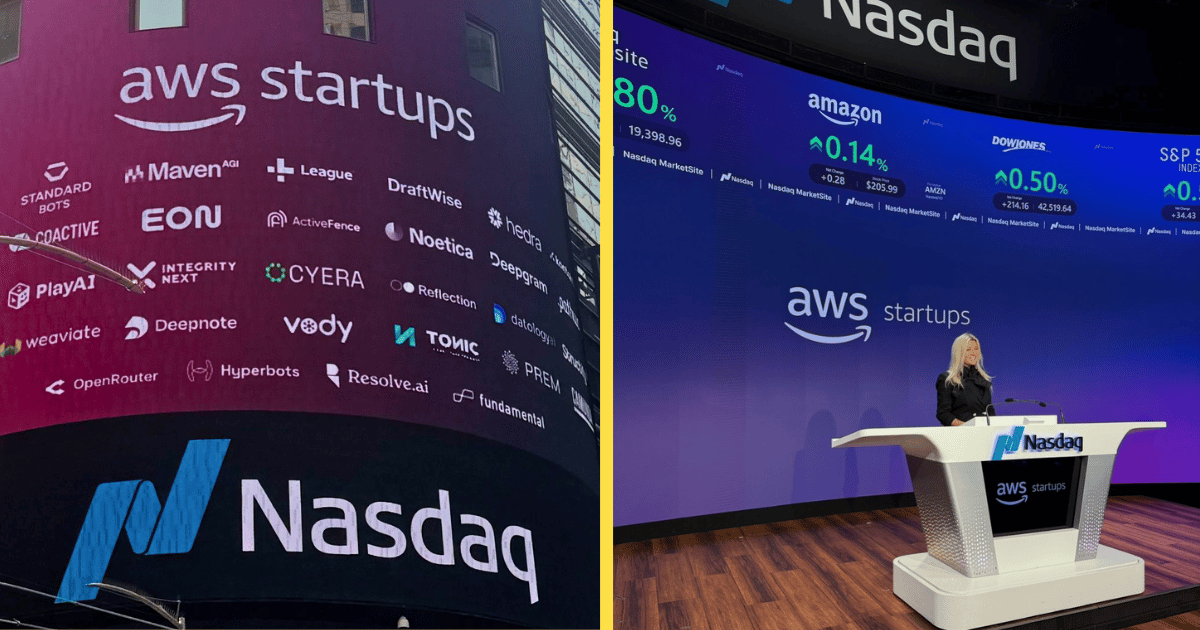
bts q&a: stephanie horbaczewski
I’ve spent my career at the intersection of technology, media, and commerce—first as the founder of StyleHaul, where we helped redefine how brands connect with consumers through creators, and now at Vody, where we’re building the future of AI for retail.
Vody was born from a clear gap I saw: retailers had tons of raw data but no practical way to activate it with AI.
We’re changing that.
Our multimodal AI models help the world’s biggest brands turn messy product catalogs into AI-optimized and AI-accessible data layers that dynamically adapt to changing customer needs.
At the core, my work has always been about making complex systems human—whether through creators or AI. Vody is how we scale that idea for the next generation of commerce.
Q2: you built stylehaul to over $100M in revenue by connecting brands with influencers. how do you see AI changing the way brands connect with customers now?
It’s a great question—and in some ways, the core goal hasn’t changed: brands still need to connect with customers in a way that feels personal, relevant, and culturally in tune. At StyleHaul, we did that by partnering with creators who had earned their audience’s trust. Now, with AI, we have the opportunity to scale that level of personalization across every customer touchpoint—not just in content.
AI changes everything because it understands context.
It can interpret messy, real-world product data, adapt to shifting customer intent, and generate language, visuals, and recommendations that feel tailor-made. It’s no longer just about automating tasks—it’s about building systems that respond in real time to what customers are actually looking for.
Where creators once acted as the bridge between brands and people, AI now has the potential to become that connective tissue—just at a much larger scale. That’s the shift we’re enabling at Vody.
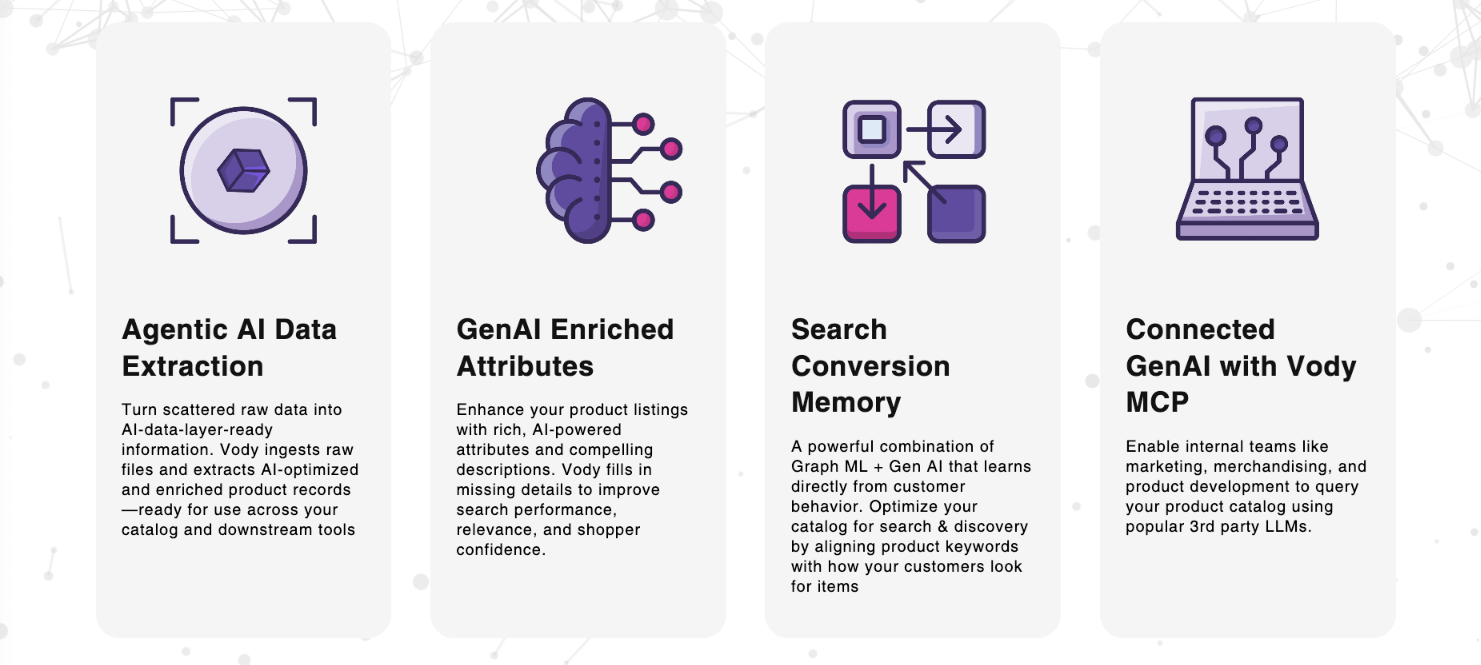
Q3: you're building multimodal models that can understand images, text, and customer behavior. how does this change how retailers should think about product discovery?
It fundamentally changes the game. Traditionally, retailers have thought about discovery in silos—search is separate from recommendations, which are separate from content or merchandising. But customers don’t think that way. Their journey is visual, behavioral, contextual, and linguistic—all at once.
Multimodal models let us treat product discovery the way people actually experience it.
At Vody, we train models that understand images, text, and customer behavior together—so the system knows that a “Y2K flared jean in light wash” isn't just a product, it’s a trend, a vibe, a use case. It can connect that product to a TikTok aesthetic, a customer’s past purchases, or even an occasion they’re shopping for.
This means retailers can finally meet customers with the right product, at the right time, in the right language—across any channel. It’s not just search anymore—it’s intent matching at scale.
Q4: you mention understanding customers at a "super-human level." what insights are you uncovering that surprise even experienced retailers?
When I present Vody, I’ll often start by asking the room: “Raise your hand if you know that Taylor Swift and Travis Kelce are dating.” Naturally, nearly every hand goes up.
Then I explain that most major retail sites selling Kelce’s jersey don’t know that.
It’s a simple but powerful example of a much bigger problem: the semantic gap between how customers think and how retail systems are built. Every day, retailers miss sales because their platforms don’t understand cultural context, natural language, or real-world associations.
With Vody, that gap disappears. A search for “Taylor Swift jersey” returns exactly what the customer wants—a Kansas City Chiefs Kelce jersey—because our models understand the connections between people, products, and pop culture in real time.
What surprises our partners most is just how often intent lives in the nuance—in the way someone describes an item, in the trends emerging on social, or in a context that never appears in product metadata. Vody surfaces that intent and turns it into action.
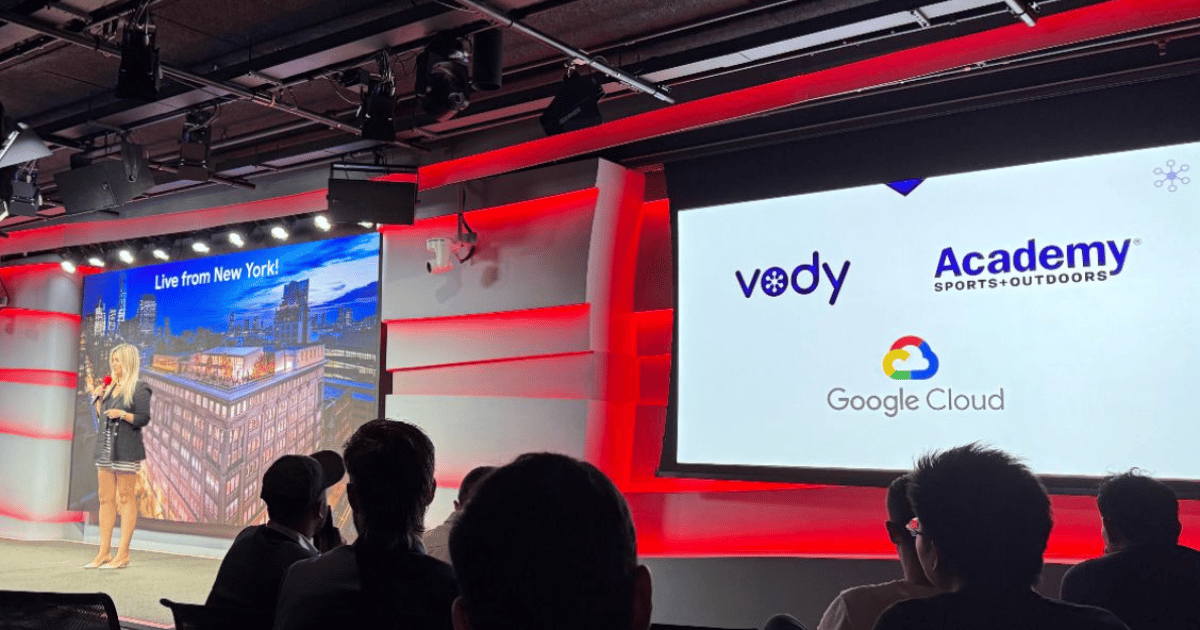
Q5: most people think of AI as purely digital, but how does vody's technology transform what happens inside physical stores?
It’s true—most people think of AI as something that lives online. But what we’re seeing is that some of the most powerful use cases for Vody are actually in-store.
Fashion advisors, stylists, and store associates are under pressure to deliver highly personalized service—but they’re often working with limited tools and fragmented product information. Vody changes that by giving them intelligent, searchable access to enriched product data.
Imagine being able to ask, “What’s a giftable item under $300 with nautical details?” or “What pieces from this collection work for a client going to a wedding in Italy?” and getting answers instantly.
Our multimodal models understand not just SKUs, but mood, occasion, and cultural context—turning every associate into a personal stylist with superhuman recall.
It’s about bringing the precision and personalization of eCommerce into the store—without losing the human touch. We’re not replacing the in-store experience; we’re augmenting it with intelligence that makes it feel effortless.
Q6: what's one way you think AI will transform the brick and mortar shopping experience in the next 5 years?
In the next five years, AI will make brick-and-mortar feel intuitively digital—without adding friction.
One of the biggest shifts will be the rise of intelligent clienteling, where store associates are empowered with real-time insights about each customer’s preferences, past purchases, and current intent.
Instead of asking, “What brings you in today?”, they’ll already know you’re shopping for a wedding in Tuscany and tend to prefer soft neutrals and relaxed tailoring. That level of personalization, delivered naturally by a human, will feel almost magical—and it’s powered by AI that understands context across channels.
We’ll also see AI enhancing inventory visibility and styling logic: associates will be able to ask, “What do we have in-store that pairs well with this jacket for a spring event?” and get an answer that’s visual, relevant, and on-brand.
In short, AI will make physical retail feel more thoughtful, anticipatory, and personal—without losing the luxury of human connection.
That’s the future we’re building toward at Vody.
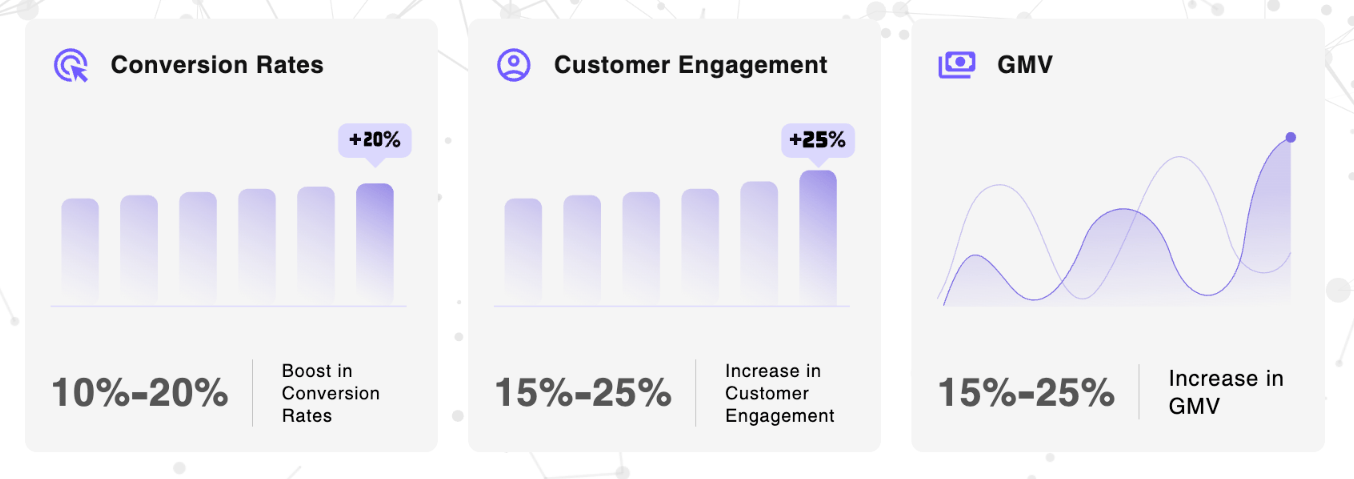
Q7: what's one thing you wish more retailers understood about vody?
We want retailers to understand that Vody isn’t just another AI tool—it’s a foundational layer that makes all of their AI work better.
We don’t just generate content or improve search—we fix the core problem: messy, incomplete, or unstructured product data. That’s what holds most retail AI efforts back. If your product data doesn’t reflect how customers actually talk, shop, or think, everything downstream—from search to personalization to recommendations—falls flat.
What makes Vody different is that we’ve built multimodal models specifically for commerce. We understand product images, customer behavior, and natural language—all together—so retailers can finally deliver AI experiences that feel human, relevant, and real-time.
Once that foundation is in place, everything gets smarter.
And the best part?
Retailers don’t need to overhaul their systems—we plug into what they already have and make it better.
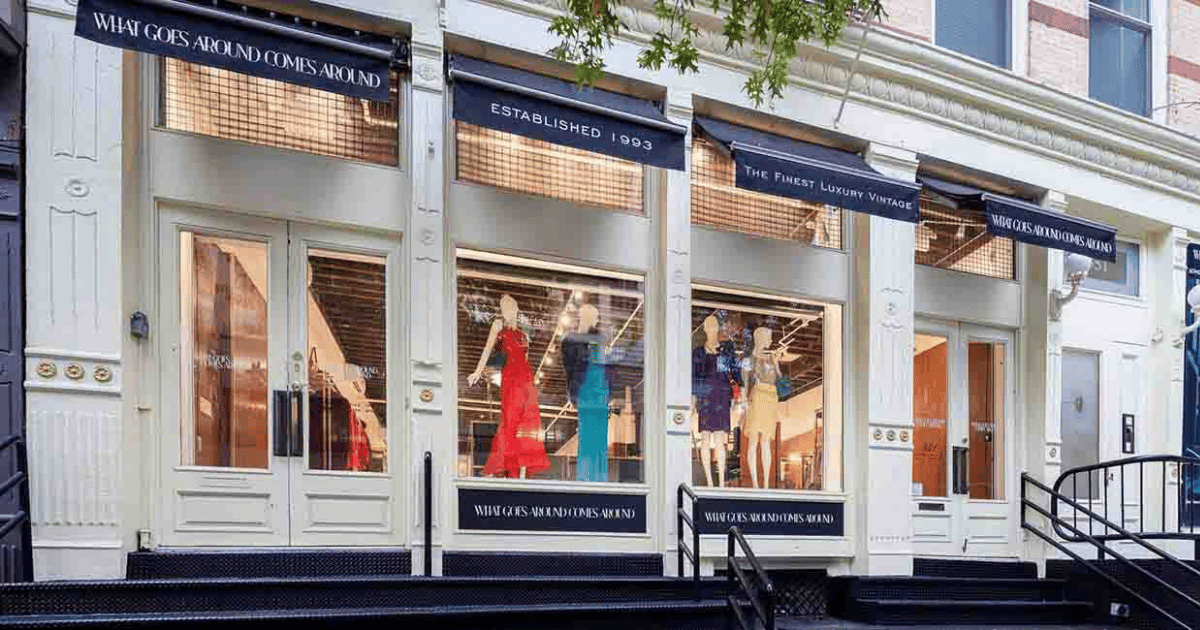
retail rapid-fire round
fave retail store of all time?
What Goes Around Comes Around—vintage treasure heaven (shout out to James in BH). And Etsy always.
retail center that gets it right?
Le Marais in Paris—effortless blend of heritage and edge.
can’t live without retail tool?
Google image search!
retail metric you obsess over?
Conversion, always—it's the truth behind every great experience.
your signature style of merrymaking?
Chasing adventures with Baker, my wildly creative 3-year-old!
best retail advice you've ever received?
Make them feel something.
what do you love about working in retail?
It’s creative, fast-paced, and keeps you close to culture as it evolves.

connect with stephanie & vody
stephanie & the vody team are solving the data nightmares that cost me countless late nights manually connecting product feeds and wrestling insights from hostile systems. vody is the tool i would have killed for back then. i can’t wait for more retailers to adopt this powerful solution!
🔗 link up here:
what excites me even more about vody is the customer results!
10-20% conversion rate boosts, 15-25% increases in customer engagement, and 15-25% gmv growth in just seven weeks of deployment. those are seriously impressive proven outcomes happening right now for retailers who finally have ai that actually works.
remarkable in so many ways!
